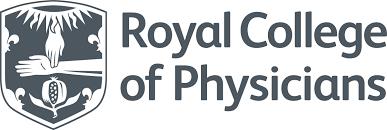A response to Dr Anthony Toft's article, "‘Thyroid hormone replacement – a counterblast to guidelines" has been published today in the Letters to the Editor section of the Journal for the Royal College of Physicians.
The authors refute Dr Toft's comments that their 2010 paper was flawed and also state, "Evidence-based guidelines describe a
foundation of knowledge, but should not be the ceiling of clinical practice."
They also state, " Far from restricting the development of evidence-based guidelines, we need to be educated to use them constructively and to ensure they are not misinterpreted or misused by people who do not have a patient-focused agenda."
Thyroid UK completely agrees with the authors and looks forward to any training that may be set up for doctors to understand that guidelines are not meant to be used as a one size fits all solution to diagnosis and treatment.

